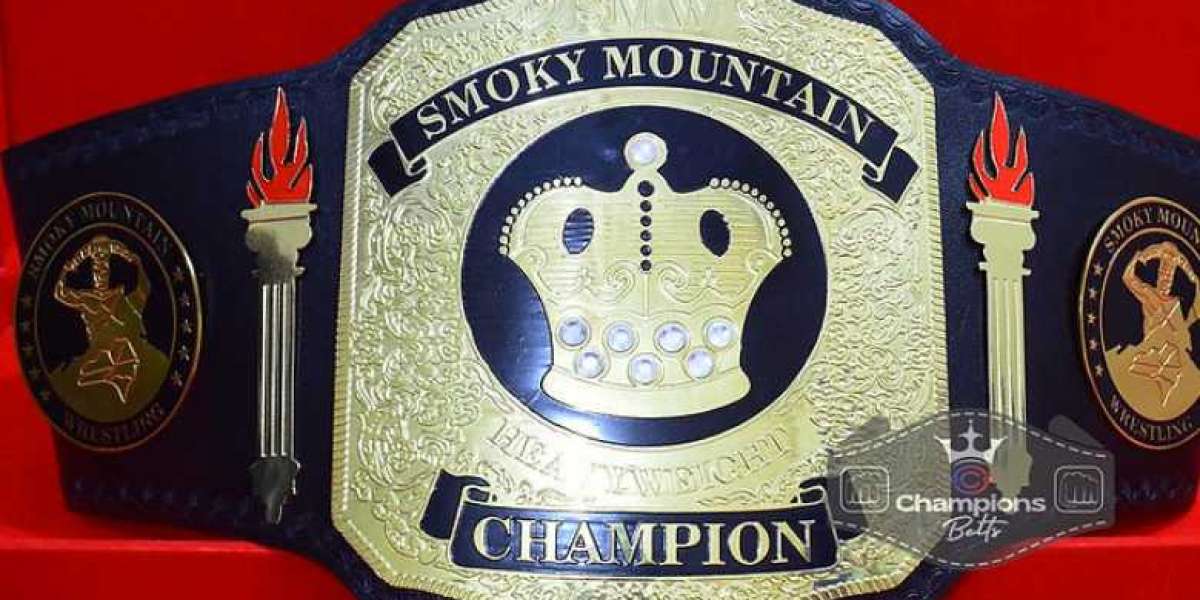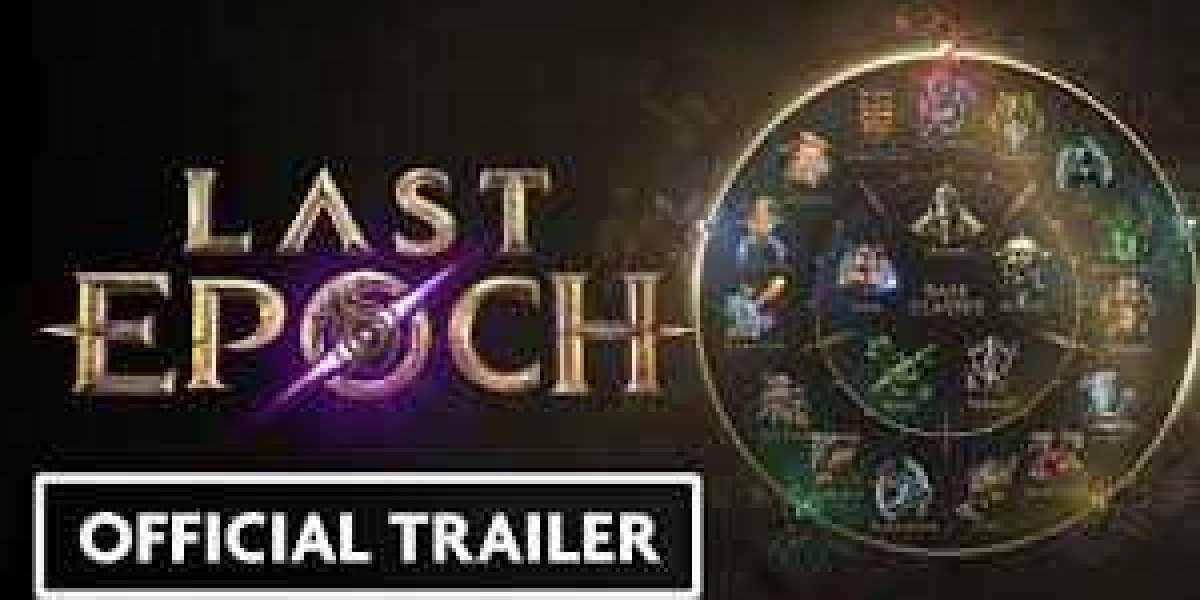The ECW World Heavyweight Championship: A Legacy of Hardcore Wrestling
The ECW World HeavyweightChampionship is one of the most iconic titles in the world of professional wrestling. Its history is deeply intertwined with the rise of Extreme Championship Wrestling (ECW), a company known for its gritty, hardcore style and its devotion to presenting a product that defied the norms of mainstream wrestling. This article explores the history, significance, and impact of the ECW World Heavyweight Championship, examining the legendary champions, unforgettable matches, and the title's place in wrestling lore.
The Birth of ECW and the Championship
The Formation of ECW
In 1992, Eastern Championship Wrestling (ECW) emerged as a small, regional promotion under the leadership of Tod Gordon. The company’s first major title was the ECW Heavyweight Championship, which was initially created to crown the top champion of the promotion. However, it wasn't until Paul Heyman took over the company in 1993 that ECW began its transformation into a unique, alternative wrestling product that would take the world by storm.
Heyman’s vision for ECW was rooted in rebellion. He wanted to create a wrestling company that appealed to fans tired of the sanitized, formulaic nature of WWE (then WWF) and WCW. ECW’s programming embraced violence, edginess, and innovation, pushing the boundaries of what could be done in the squared circle. The promotion's willingness to experiment led to the creation of one of the most revered titles in wrestling history—the ECW World Heavyweight Championship.
The Rebranding to ECW
In 1994, ECW officially dropped the “Eastern” from its name, becoming simply "Extreme Championship Wrestling." This shift was symbolic of the company’s commitment to pushing the limits of professional wrestling. The ECW World Heavyweight Championship began to take on a greater role, becoming a symbol of the promotion's identity. The title was meant for fighters who could withstand extreme punishment, engage in hardcore matches, and showcase an unrelenting will to succeed.
The Evolution of the ECW World Heavyweight Championship
Early Champions and Defining Moments
The first-ever ECW World Heavyweight Champion was Jimmy "Superfly" Snuka, who won the title in 1992. However, it was Shane Douglas who became synonymous with the title when he famously threw down the NWA World Heavyweight Championship belt in 1994, declaring himself the ECW World Heavyweight Champion. This marked the beginning of ECW’s rise as a major wrestling force, and Douglas’ fiery proclamation became an unforgettable moment in wrestling history.
Throughout the 1990s, the title changed hands many times, with each champion adding their own mark on the championship. Wrestlers like Sabu, Taz, and Raven became legends in ECW, each defending the title with a level of brutality that perfectly embodied the promotion’s ethos. Taz’s undefeated streak and his dominant reign as champion established him as one of the most iconic figures in the promotion.
The Hardcore Era
As ECW’s popularity grew, so did the title’s importance. The championship was no longer just about wrestling skills; it became about toughness, endurance, and the willingness to risk everything for glory. Matches for the ECW World Heavyweight Championship often featured weapons, blood, and unrelenting violence, which earned ECW the reputation as the "extreme" wrestling promotion.
The likes of Rob Van Dam and Tommy Dreamer took the championship to new heights, showcasing a blend of high-flying and hard-hitting brawling that captivated fans. These champions became fan favorites not only because of their in-ring skills but also because of their ability to embody the spirit of ECW itself.
ECW’s Decline and the Championship’s Role
The Impact of WWE’s Invasion
As ECW reached the peak of its popularity in the late 1990s, it faced financial struggles that led to its eventual closure in 2001. In that year, World Wrestling Entertainment (WWE) purchased ECW, and the ECW World Heavyweight Championship was deactivated. However, the championship’s legacy lived on, and in 2006, WWE resurrected ECW as a brand under its own umbrella.
The ECW Revival
With the revival of ECW under WWE, the title was reinstated as part of the promotion’s new era. The new ECW World Heavyweight Championship was established in 2006 with Rob Van Dam being crowned as the first champion of the new WWE version of ECW. While the revival was met with mixed reviews from fans, the title continued to have a significant place in the hearts of wrestling fans around the world.
The WWE-run ECW World Heavyweight Championship was defended by the likes of Big Show, CM Punk, and Mark Henry, but it lacked the same level of significance and raw energy that the original ECW title had. Eventually, the brand was discontinued in 2010, and the ECW World Heavyweight Championship was retired once again.
The Legacy of the ECW World Heavyweight Championship
A Title Like No Other
Despite its relatively short existence compared to other major world championships, the ECW World Heavyweight Championship has left an indelible mark on the wrestling world. Its reputation for extreme matches and hardcore action set it apart from other titles and made it the ultimate prize for those who thrived in a violent, chaotic environment.
The championship also gave birth to some of the most memorable matches in professional wrestling history. From Taz vs. Sabu in a no-holds-barred match to the iconic Raven vs. Tommy Dreamer feud, the ECW World Heavyweight Championship became a focal point for some of the most passionate and intense rivalries in wrestling.
Influence on Modern Wrestling
Even today, the influence of the ECW World Heavyweight Championship can be seen in modern wrestling. Promotions like All Elite Wrestling (AEW) and Impact Wrestling have adopted elements of ECW’s style, embracing hardcore matches and brutal combat. The title’s legacy is particularly evident in the success of talent like Jon Moxley, whose in-ring style echoes the hardcore brawling that was synonymous with ECW.
ECW’s Impact Beyond the Title
ECW’s impact on the wrestling world extends beyond the title itself. The promotion introduced fans to a variety of wrestlers who would go on to become major stars in WWE, WCW, and other promotions. Stone Cold Steve Austin, Chris Jericho, and Eddie Guerrero all had formative runs in ECW, and their time in the promotion shaped their later careers.
The ECW World Heavyweight Championship became a symbol of rebellion and defiance against mainstream wrestling. The title and the promotion’s legacy continue to inspire wrestlers and fans alike, as ECW remains a beloved chapter in the history of professional wrestling.
Conclusion
The ECW World Heavyweight Championship is much more than just a wrestling title—it is a symbol of rebellion, toughness, and the unyielding spirit of hardcore wrestling. From its inception to its brief revival under WWE, the title has seen some of the most legendary champions and matches in the history of the sport. Though the title may no longer be active, its legacy continues to resonate within the world of professional wrestling, reminding fans of the revolution that ECW brought to the industry. The ECW World Heavyweight Championship remains a key piece of wrestling history, and its influence will continue to shape the world of professional wrestling for years to come
לחפש
פוסטים פופולריים
-
 Análisis de tendencias, tamaño y participación del mercado global guantes de examen 2024-2032
על ידי robinyoung
Análisis de tendencias, tamaño y participación del mercado global guantes de examen 2024-2032
על ידי robinyoung -
 Exploring the Complexities of Escort Services in Dubai
על ידי Ibtisāmah AlBūshahri
Exploring the Complexities of Escort Services in Dubai
על ידי Ibtisāmah AlBūshahri -
 Then Again
על ידי moniquetheis75
Then Again
על ידי moniquetheis75 -
 BetWinner Promo Code 2025: Unlock Multiple Deposit Bonuses with LUCKY2WIN
על ידי Dax Nader
BetWinner Promo Code 2025: Unlock Multiple Deposit Bonuses with LUCKY2WIN
על ידי Dax Nader -
 Unlock Extra Deposit Boosts with the 1Win Promo Code 2025
על ידי Dax Nader
Unlock Extra Deposit Boosts with the 1Win Promo Code 2025
על ידי Dax Nader



